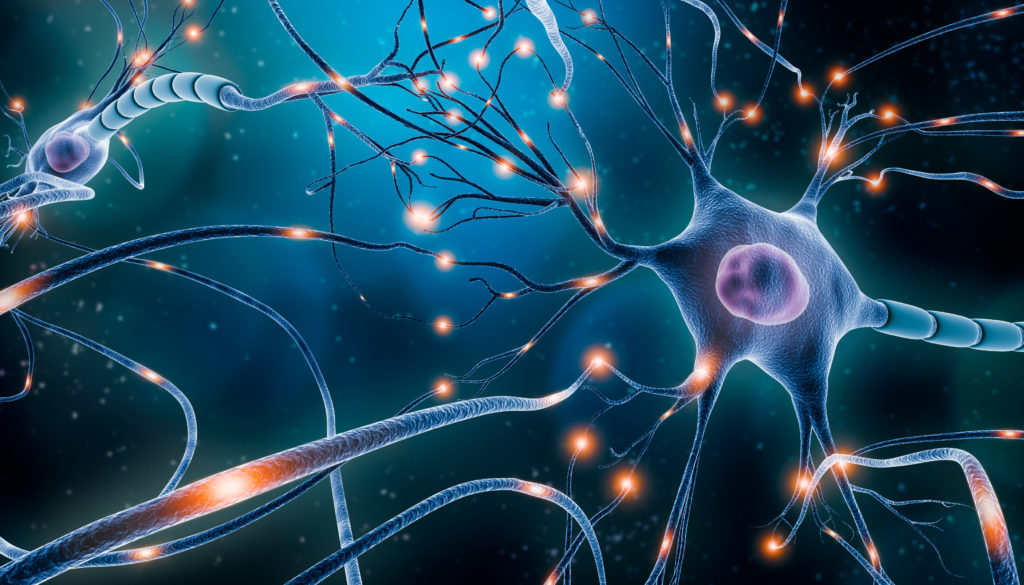What is Neuroscience?
Neuroscience is the scientific study of the nervous system. Students interested in careers in neuroscience will combine various disciplines such as anatomy, physiology, and molecular biology.
What 3rd Level Courses are Available?
- Universities and colleges in Ireland are offering courses in the following subject areas:
- Ecology – the study of the relationship between living things, including humans, and their environment.
- Environmental Science – the study of how to solve environmental problems using biology, physics, and ecology.
- Biology – the study of life and living things.
Studying Neuroscience in College
Most first year study involves an overview of the subject. This will offer students an introduction to the foundational principles of Neuroscience including biology, chemistry, and anatomical processes.
In subsequent years of study, students will combine practical work, written exams, and laboratory work as benchmark assessments of their course progression.
Most undergraduate Neuroscience courses run for three or four years and in certain cases universities will facilitate work experience.
It is common with all science-based subjects that students are expected to engage in a high number of contact hours with lecturers and tutors, ensuring their successful completion of a rigorous curriculum and preparing them for careers in Neuroscience after university.
A bachelor’s degree is adequate for some non-research jobs. For example, graduates with a bachelor’s degree may start working as researchers, pharmacists, and lab technicians.
Career Options
Graduating from college with a degree in Neuroscience will serve you well as it equips you with a unique and marketable skill set. A science degree teaches students to think critically and creatively as well as equipping them with invaluable problem solving and communication skills.
Many recent graduates have gone into ‘entry-level’ careers in Neuroscience working as technicians,neuropsychologists, and clinical researchers.
Other careers in Neuroscience that require a higher degree of responsibility will typically require further education, training and/or experience to qualify for, eg teaching, research and consulting positions.
Related jobs include:
- Biotechnologist
- Physiotherapist
- Radiologist
- Speech Therapist
- Occupational Therapist
- Pharmacist
- Biomedical Engineer
- Clinical Researcher
- Educator
- Neuropsychologist
Further study
An undergraduate Neuroscience degree is often the first step to go onto further postgraduate study often involving specialization in particular fields and areas of Neuroscience and/or undertaking work in new, sometimes interdisciplinary fields.
Visit postgrad.ie for more information.
FAQ
- What points do I need to study Neuroscience?
- Different courses and different colleges will have different entry requirements. It’s always best that you check with the individual higher education institution which is available on their websites. As a general rule Leaving Cert students should have a minimum of six subjects which should include: Two H5 (Higher Level) grades and Four O6 (Ordinary Level) grades or four H7 (Higher Level) grades. Subjects must include Mathematics, Irish or another language, and English.
- Many universities also require a Leaving Cert grade O2/H6 in Mathematics, O2/H6 in Laboratory Science, and O6/H7 in English, Irish and two other recognized subjects.
- Are there any particular qualities you need to study Neuroscience?
- Students interested in careers in Neuroscience will need to enjoy math and science as well as their application in the real world. They will need to be innovative, creative, and collaborative as well as being able to communicate their own ideas and opinions.
- Where can I study Neuroscience?
- Explore your options here
Did You Know?
- Elephants have evolved massive brain regions that allow them to control their trunks with impressive dexterity!
- The majority of a human’s neurons live with them throughout their entire lives!
- Surprisingly, forgetting information from time to time is actually a way that our brains help us to remember important information. By forgetting information, our brains are learning to prioritize important information for future recall!












Comments